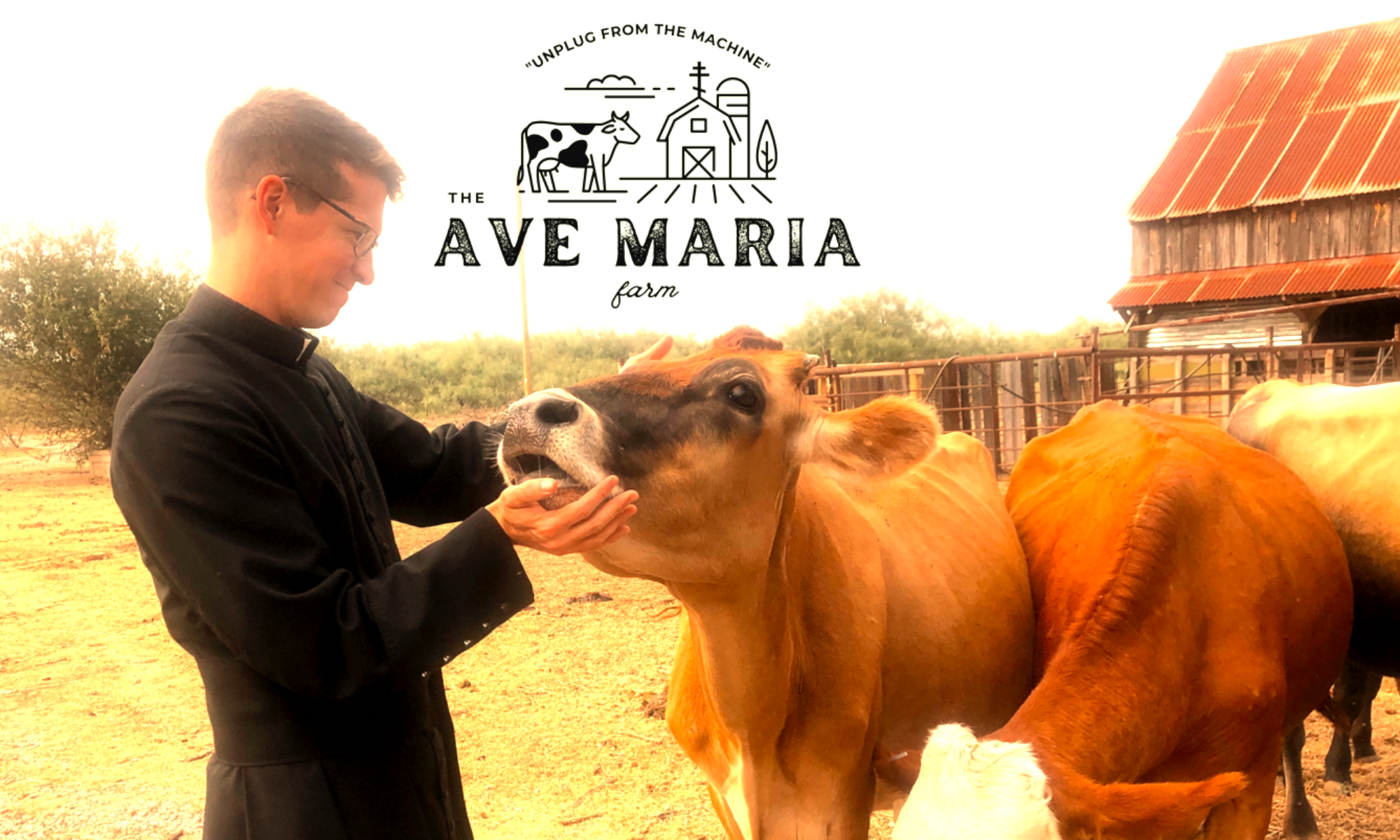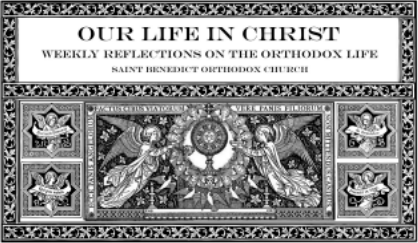Reflections on Prayer
“Prayer is the place of refuge for every worry, a foundation for
cheerfulness, a source of constant happiness, a protection against
sadness.” – St John of Chrysostom
“A servant of the Lord is he who in body stands before men, but in
mind knocks at heaven with prayer.” – St John Climacus
Reflections on the Sacrament of Confession
“Just as in the Old Testament the priest makes the leper clean or
unclean, so in the New Testament the bishop and presbyter binds or
looses not those who are innocent or guilty, but by reason of their
office, when they have heard various kinds of sins, they know who is
to be bound and who loosed.” ~ St. Jerome
Enlightenment in the day to day:
“Detachment and Charity”
+
“Where your treasure is there will your heart be also” (Matt 6:21).
“Bring the whole tithe into the storehouse, That there may be food in my house,
and try me in this, says the LORD of hosts: Shall I not open for you the floodgates
of heaven, to pour down blessing upon you without measure?” (Malachi 3:10)
Two Attitudes about Money
The desert fathers teach about two kinds of relationships that we can
have with money: idolatry and detachment. Those who cling to money
and do not give generously fall into idolatry. Generous givers cultivate
the virtue of detachment, and thence, purity of heart.
Abba Chaeremon: “Whoever, then, does not give for the needs of the
poor, and disregards the teachings of Christ for the sake of money…
that person commits the crime of idolatry, elevating his love of worldly
material above the worth of things divine” (145).
Charity and Detachment are Closely Linked
Abba Chaeremon: “Many have cast aside their own resources for the
sake of Christ such that we can conclude that they have removed from
their hearts not just the possession of money, but the very desire for it”
(146).
The goal of charity ought to be detachment. Virtuous giving should
stem from the desire to “let go” both physically and spiritually — not
merely helping others materially, but also acquiring inner freedom
from attachment to your material goods. Opperwall explains: “To
cultivate detachment, then, one must cultivate charity, which
actualizes detachment in a concrete way” (146).
The Delusion That We Own Anything
The desert fathers emphasize that we own nothing. Everything
we have belongs to God and humanity. We are all “borrowing” the
goods of earth. “According to the fathers of the Conferences, the
idol of avarice is damaging to the Christian because it is built
upon a deluded understanding of the very nature of property and
wealth. In order to make an idol of our money, we first must lose
contact with reality, and fail to recognize a simple fact about all
the things of the world, namely, that they do not actually belong
to us in the first place” (Opperwall 147).
Abba Paphnutius: “In relinquishing these visible things of the
world, we cast aside not our own resources, but those of others
(however much we may brag of having earned it by our work, or
inherited it from our families). Nothing — as I have said — is
our own except for this one thing: that which is kept in the heart,
and is united with our soul; by no one can this be taken away”
(147).
Paphnutius goes on to clarify the only thing that truly belongs to
us: the vice or virtue we cultivate. Hence, “avarice is an idol forged
from delusion and misunderstanding” (Opperwall 149).
Charity Realigns our Heart to the Reality of this World
Charity is: “the passing on of something that was never really
ours into the hands of someone else to whom it will also not
really belong. The giving of charity in this amounts to an
actualization of our discernment of the real nature of the things
of the world…Every exchange of money and property, from the
smallest transaction at a store to buying a home, is an
opportunity for this recognition…what we have is not essentially
ours” (Opperwall 150).
The Virtue of Tithing
“It is not enough to be simply reminded by the world of how
much we are dependent on others — we must freely contribute
back again to the web of charity as a manifestation of this
realization. We can do this at the very least by the giving of a
tithe to our parish church, and beyond that the opportunities
for charitable generosity in our world are endless” (150).
It is Not Enough to Give. We Must Cultivate Detachment
Abba Theonas: “On the other hand, there are those who still
possess earthly things and only give a tithe of their produce and
the first-fruits, and part of their income in accordance with the
precepts of the law. Though a person like this might go far in
extinguishing the fire of his sins by a sprinkle of almsgiving, still,
however many of his belongings he gives away out of generosity,
it remains impossible for him to be completely free of the power
of sin — unless maybe by the grace of the Savior he sets aside
his desire to possess things along with the things themselves”
(151).
Acquiring Purity of Heart by Generosity
“Remembering the web of charity when we receive and when we
give, will guide us away from the popular delusion that we
rightfully possess what we have. As such, these acts will help us
to take a great step toward detachment as taught by the fathers,
and thus toward purity of heart, which leads to the kingdom of
God” (152).

